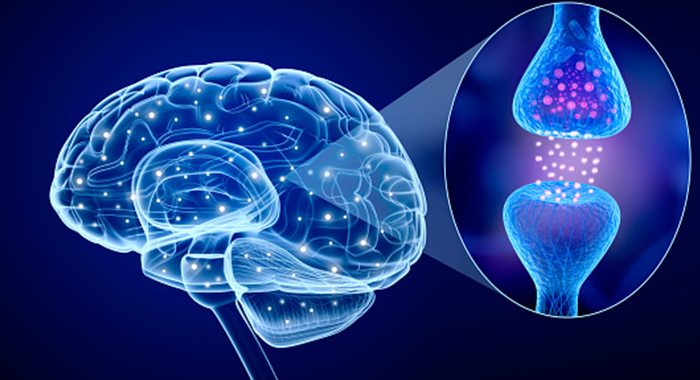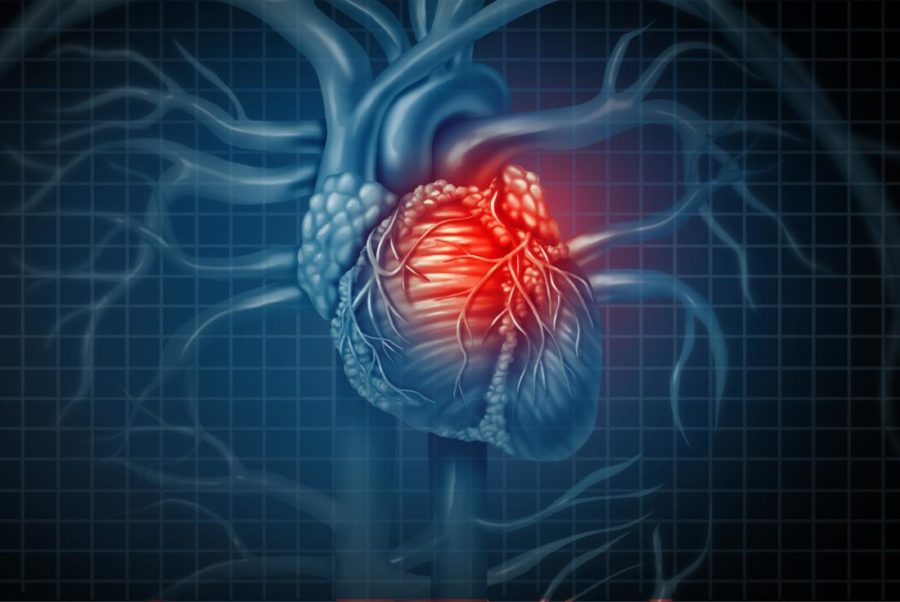Heart Attack Survivors Less Likely to Develop Parkinson’s Disease- According to a New Study.
“What’s the big caveat?”
The following written content via Newsmax Health.
A new study hints that heart attack survivors may have an unusual advantage over other people: a slightly lower risk of developing Parkinson’s disease.

Researchers found that compared with similar people who had never suffered a heart attack, survivors were 20% less likely to be diagnosed with Parkinson’s over the next 20 years.
The big caveat: The findings do not prove a true “protective” effect. And even if that were the case, no one would advocate letting your heart health go to ward off Parkinson’s.

“This is an epidemiology study, and it can’t prove cause and effect,” said James Beck, chief scientific officer for the nonprofit Parkinson’s Foundation.
There could be various reasons that heart attack was linked to a lower risk of Parkinson’s, according to Beck, who was not involved in the study.
Plus, he noted, the risk reduction was quite small.
The findings — published Feb. 16 in the Journal of the American Heart Association — do add to evidence that certain risk factors for heart disease, including smoking and high cholesterol, are paradoxically tied to a lower risk of Parkinson’s.
Parkinson’s disease affects nearly 1 million people in the United States, according to the Parkinson’s Foundation.
It is a brain disease that over time, destroys or disables cells that produce dopamine, a chemical that helps regulate movement and emotional responses.
The most visible symptoms of Parkinson’s are movement-related — tremors, stiff limbs and coordination problems — but the effects are wide-ranging and include depression, irritability and trouble with memory and thinking skills.
“We still don’t know the cause of PD, why it progresses, or how to stop it,” Beck said.
There are, however, some known risk factors for the disease. Older age is one, as are certain environmental factors — including a history of head trauma and job exposures to pesticides or heavy metals.
“But most people with those exposures do not develop Parkinson’s,” Beck pointed out.
Subscribe here
In general, he said, researchers suspect the disease arises from a complex interaction between genetic susceptibility and environmental factors.
As for protective factors, some research suggests that regular exercise and a healthy diet — like the traditional Mediterranean diet — may be associated with a lower Parkinson’s risk.
Then there are the studies with more puzzling results: Some have linked certain risk factors for heart disease and stroke — smoking, high cholesterol and diabetes — to lower odds of developing Parkinson’s. Read more from Newsmax.





